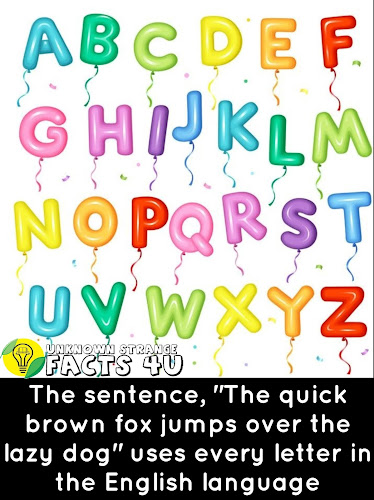
The English word alphabet comes (via Latin) from the names of the first two letters of the Greek alphabet: alpha and beta. These Greek words, however, are derivations of the Phoenician aleph and bet (see the similarity to the Hebrew alphabet?), which go back further than 1050 BC.
The Number of Languages That Use the Roman Alphabet
About 100 languages rely on the Roman alphabet. Used by roughly two billion people, it's the world's most popular script. As David Sacks notes in Letter Perfect (2004), "There are variations of the Roman alphabet: For example, English employs 26 letters; Finnish, 21; Croatian, 30. But at the core are the 23 letters of ancient Rome. (The Romans lacked J, V, and W.)"
The 26 letters of the English alphabet make up more than 40 distinct sounds. Since there are a lot more sounds than letters, many letters have different pronunciations.
Example… the C in cool sounds different than the C in city
👉if you try to say the alphabet without moving your lips or tongue every letter will sound the same.
👉A sentence which contains all 26 letters of the English alphabet is called a pangram. A famous pangram is: "The quick brown fox jumps over the lazy dog" or "Pack my box with five dozen liquor jugs"
👉‘E’ is the most commonly used letter in the English language. In fact, as many as one in eight of all the letters written in English is ‘e’.
👉The longest word in English which doesn’t use the letter E is floccinaucinihilipilification
👉The most common word in English is THE.
👉The letter W is the only letter in the alphabet that has 3 syllables (all others have 1).
👉1 out of every 8 letters written is an e.



0 Comments